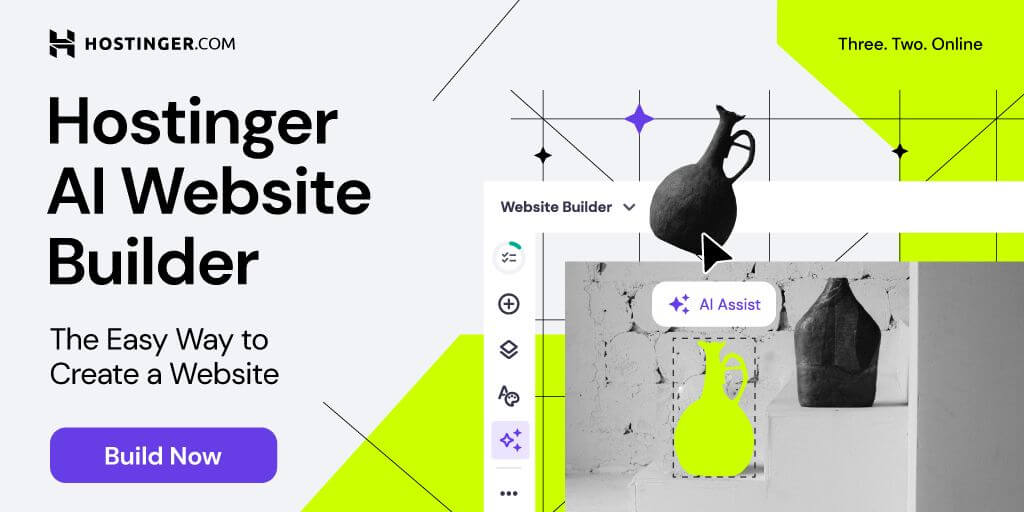
Why fresher UI/UX designers are getting rejected.
Lack of Experience
Many companies prefer designers with some experience level, even for entry-level positions. Freshers might struggle to compete with candidates who have internships or freelance projects under their belt.
Portfolio Quality
A weak portfolio can be a major reason for rejection. Employers look for projects that showcase a candidate’s design skills, creativity, problem-solving ability, and understanding of user experience principles. If a fresher’s portfolio lacks depth or doesn’t demonstrate these qualities, they will likely be passed over.
Technical Skills
While creativity and an eye for design are crucial, technical skills are also important in UI/UX design. Familiarity with design tools like Adobe XD, Sketch, Figma, etc., and an understanding of design principles, interaction design, and prototyping, is essential. If a fresher lacks these skills or doesn’t showcase them effectively, they may be rejected.
Understanding of User Needs
UI/UX design is fundamentally about creating products that meet user needs and solve their problems. Freshers who fail to demonstrate an understanding of user research, usability testing, and empathy for the end-users in their designs may be rejected.
Communication Skills
Effective communication is crucial for UI/UX designers, as they often need to collaborate with other team members, present their designs, and justify their design decisions. If a fresher struggles to articulate their ideas or lacks professionalism in communication, it can be a red flag for employers.
Cultural Fit
Companies also consider whether a candidate will fit into their team culture. Freshers who don’t align with the company’s values or fail to demonstrate enthusiasm and passion for the role may not be cut.

To improve their chances of getting hired, freshers in UI/UX design should focus on building a strong portfolio with diverse projects, gaining relevant skills through courses or self-study, networking with professionals in the industry, and continuously improving their design and communication abilities. Internships or freelance work can also provide valuable real-world experience and make candidates more attractive to employers.






